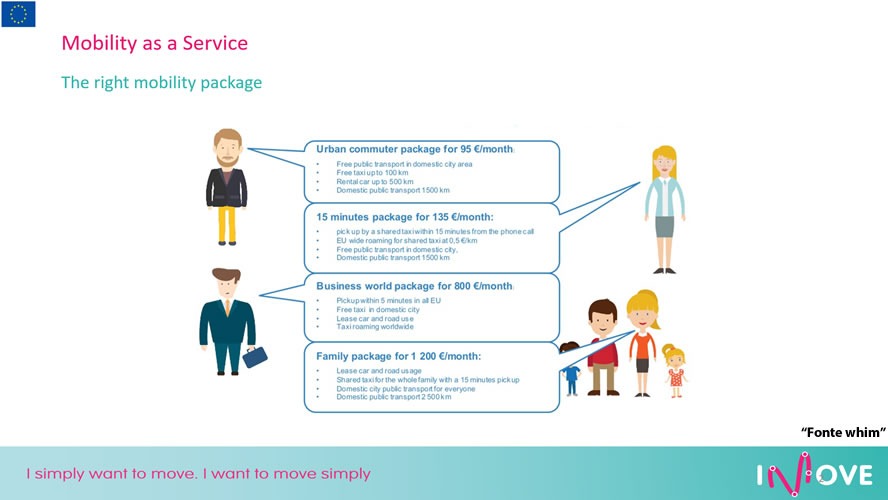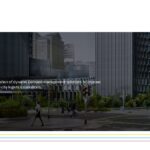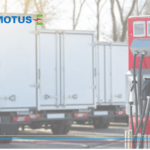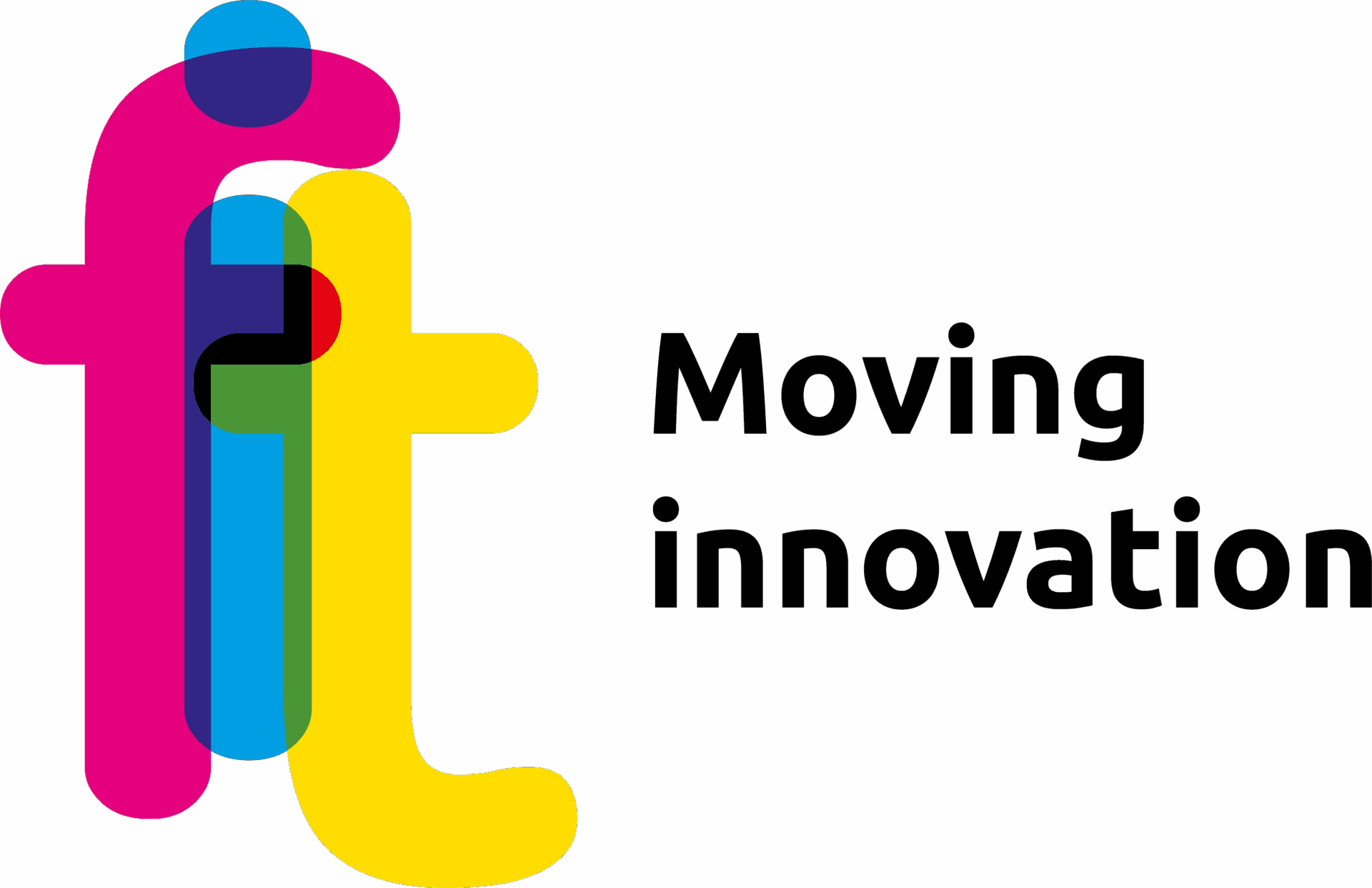Mobility, no longer a means but a service
The era of Mobility as a Service is coming. The new frontier for transport: travel becomes a service to be consumed by choosing the most practical, efficient and sustainable option. Pilot test starts in Turin
Mobility is generally a sector that is less receptive to innovations than others. Take, for example, the changes of the last few decades in telecommunications that have revolutionised our lives. In contrast, the transport model remained largely unchanged. Over the past few years, however, driven by technological advances in means of transport and personal devices, strong signs of change are also emerging in the way people use mobility. One of these is the concept of Mobility as a Service or MaaS which represents a new model for urban travel.
What is Maas
MaaS is the integration of multiple transport services, public and private, customised and offered on a single platform: information, booking and payment of the various mobility offers are no longer confined to the systems of each individual mode. Buses, trains, taxis, carsharing, bikesharing and more can be consumed on demand, in response to the mobility needs of different categories of users and according to profiled packages offering a mix of services adapted to the needs of each citizen, a bit like mobile phone tariff plans offering calls, messages, internet and TV. The advantage is the so-called more accessible user experience that will enable cost-effective, sustainable and adaptable choices for different needs: a single application will allow choosing optimal routes, buying and validating tickets, unlocking vehicles, controlling transactions and movements. Ultimately, it will help citizens make more rational choices and improve urban mobility overall. The main objective is to reduce the number of owned vehicles and migrate towards a service economy, more efficient for the entire transport system, after decades of car ownership seen as a social and behavioural status that has generated excessive consumption of public land, a rather precious resource in Italian cities in particular.
Turin, laboratory city
In this innovative context, Turin is carrying out a pilot experimentation of the MaaS paradigm through participation in three different initiatives represented by the European projects IMOVE, SOLEZ and SUMPs-UP. The pilot experiment called ‘Living Lab MaaS Torino’ involves making a technological platform available to the employees of a number of companies in the area, which can be used through a mobile app.
General Motors is the first company to have signed up, and the experimental service will soon be launched, to be extended to employees of the municipal administration itself. Employees will be invited by the Mobility Manager to participate on a voluntary basis in the trial during which they will be able to use the App to purchase and use the services offered by GTT – Gruppo Trasporti Torinese (Bus, Tram, Metro), ToBIKE (bike sharing), WETAXI (official service of the Cooperativa Taxi Torino) and MIMOTO (scooter sharing service). In addition to booking and payment, the application allows for the validation of the ticket on board the vehicle, the opening of the metro entrance gates, and the direct unlocking of bicycles and electric scooters. In the realisation of the “Living Lab MaaS Torino” service, two different use cases are considered: employee travel from home to work and employee travel within their work activity. Participants in the initiative will be incentivised and can compete for prizes awarded monthly to those who have demonstrated more sustainable behaviour. Sustainability points are assigned to each trip, calculated on the basis of the mobility choices and pollutant emissions generated by the chosen vehicle; the points are equivalent to the number of trees needed to absorb the CO2 produced by each trip.
FIT Consulting’s role
FIT Consulting is part of this ambitious project, working on the design of the model, the technical developments and the evaluation of the results; the aim is to prove that MaaS is an effective model for changing citizens’ habits and preparing our cities for the next challenge that will be represented by self-driving cars, a revolution in the transport sector that will necessarily have to be accompanied by a rational and sustainable user model.
Best practice: Europe
Mobility
- 13/05/2019








